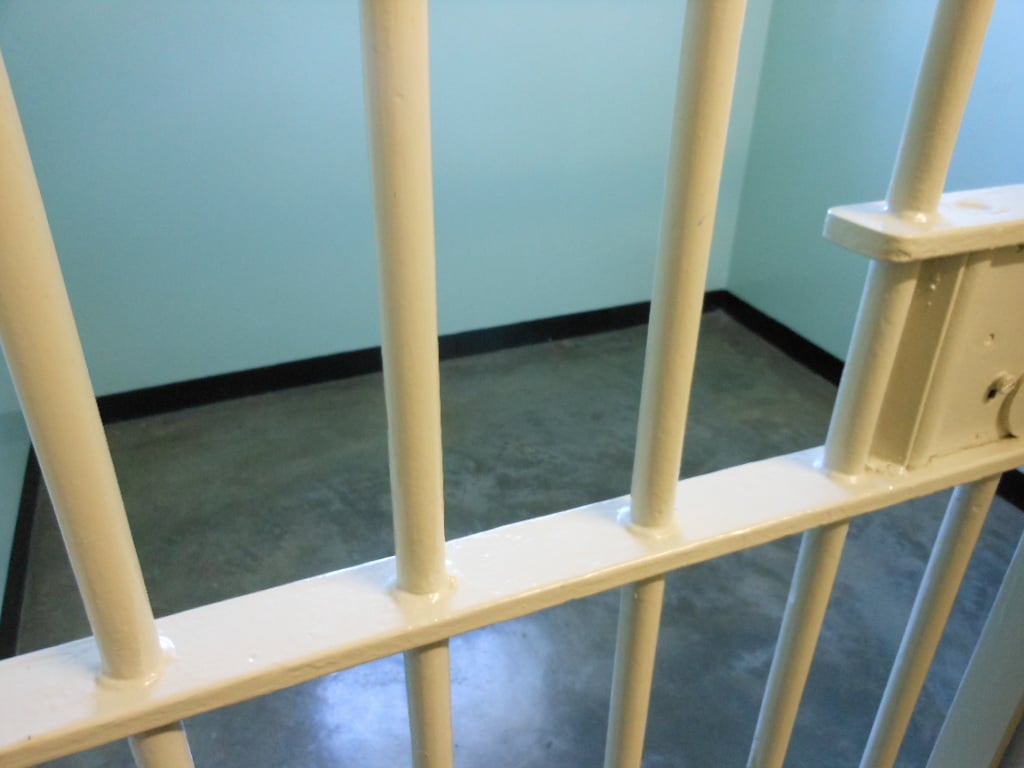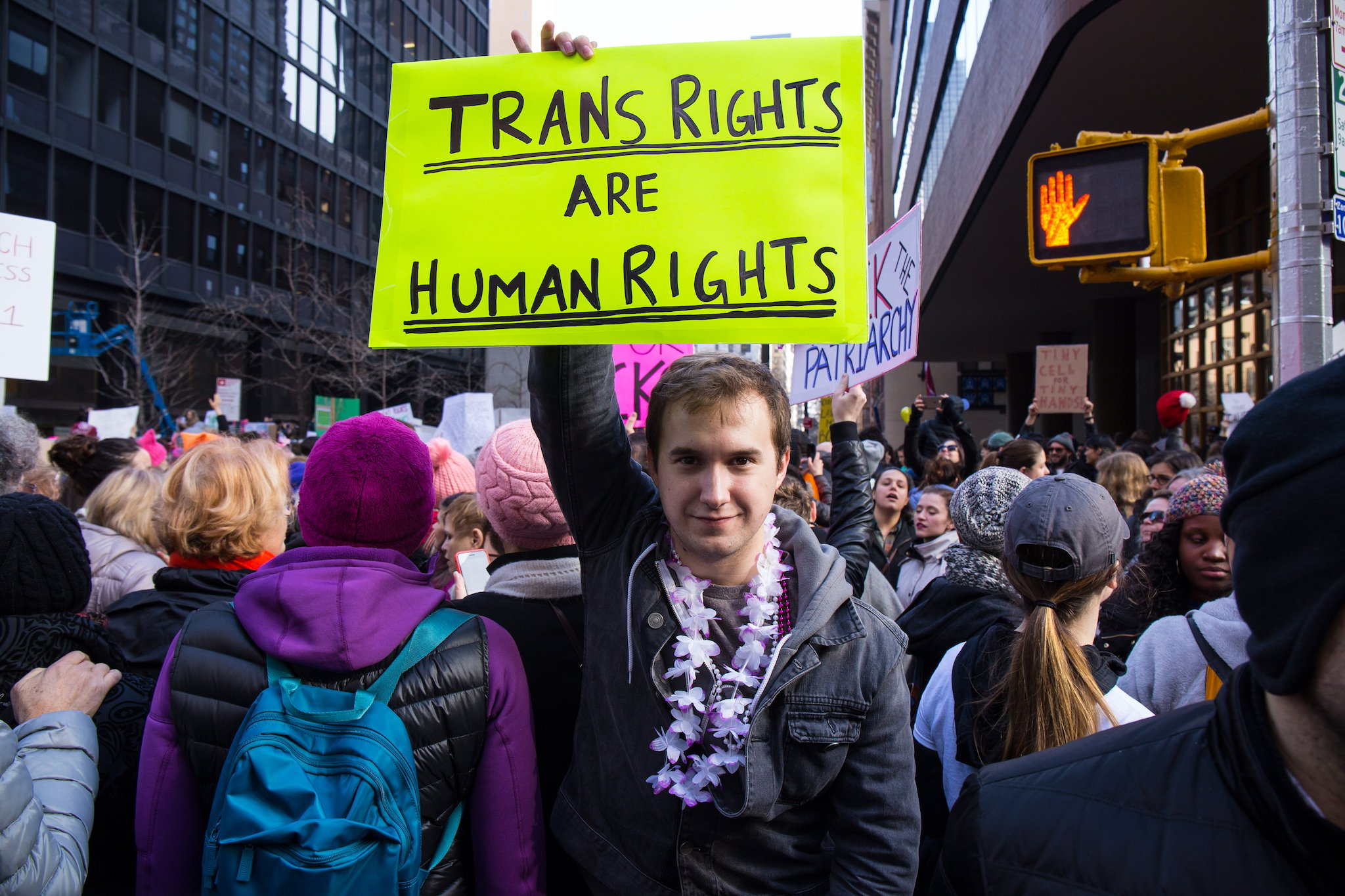
Baby Steps on Trans Health Care

A version of this story ran in the January 2016 issue.
Above: Transgender prisoners will have an easier time accessing hormone therapy and other medically necessary health care following a largely unpublicized change to Texas prison policies.
The Texas Department of Criminal Justice (TDCJ) has quietly made it easier for transgender prisoners to access hormone therapy and other medically necessary health care.
TDCJ’s previous policy strongly implied that hormone therapy was available only to prisoners already undergoing it before being incarcerated. Under an updated TDCJ policy that became effective in August, prisoners diagnosed with gender dysphoria while in custody are also eligible to receive hormone therapy, which consists of estrogen for trans women and testosterone for trans men. The policy defines gender dysphoria as “the clinically significant distress or impairment that is associated with the marked incongruence between one’s experienced or expressed gender and one’s assigned gender.”
Nell Gaither, president of Trans Pride Initiative, a Dallas nonprofit, said she’s exchanged letters with a handful of TDCJ prisoners who have recently started hormone therapy. “This is an improvement,” Gaither said. “The process seems to be much simplified.”
Gaither estimated there are 1,000 transgender prisoners in state prisons. Under TDCJ’s new policy, prisoners who believe they suffer from gender dysphoria are sent to a clinic at the University of Texas Medical Branch at Galveston, rather than to psychiatric prison units that aren’t equipped to evaluate them, Gaither said.
TDCJ spokesman Robert Hurst said although there is no formal program for transgender health care, the policy was revised “to streamline the evaluation and treatment of offenders with gender dysphoria.”
In 2005, a trans prisoner sued TDCJ after she was denied hormone therapy and bras, but the U.S. 5th Circuit Court of Appeals sided with the state. Since then, several federal courts have ruled that denying trans inmates medically necessary care violates their Eighth Amendment rights, according to Demoya Gordon, a staff attorney at the LGBT civil rights group Lambda Legal.
“It’s no different than if someone comes into prison and is diabetic,” Gordon said. “These courts have found it is cruel and unusual to withhold from someone who is in state custody the medically necessary treatment they need. But unfortunately, we’re still having to make the case state by state.”
Gordon said Lambda Legal still regularly receives inquiries from trans prisoners who have been denied psychiatric evaluations by TDCJ.
“We know that Texas still has a very, very long way to go,” she said.
Gaither agreed, citing the case of one trans prisoner who is undergoing hormone therapy but was denied a doctor-prescribed bra after she began developing breast tissue. According to Gaither, when the prisoner complained, she was sent to solitary confinement, where she attempted to amputate her penis.
Gaither also fears a backlash from state legislators.
In 2014, state Representative Jonathan Stickland, R-Bedford, alleged that TDCJ was paying for prisoners to undergo “sex changes,” and he threatened to introduce legislation to end the practice. Gaither said no trans TDCJ prisoner has undergone gender reassignment surgery.
Hurst, the TDCJ spokesman, said the department considers gender reassignment surgery to be elective. According to Gordon, California recently became the first state to allow trans inmates to receive transition-related surgery. Studies have shown that the cost of offering comprehensive trans health care is insignificant, and those who receive it are at a much lower risk for suicide, Gordon said.
“The issues at stake here are very important,” she said. “They’re life and death.”


